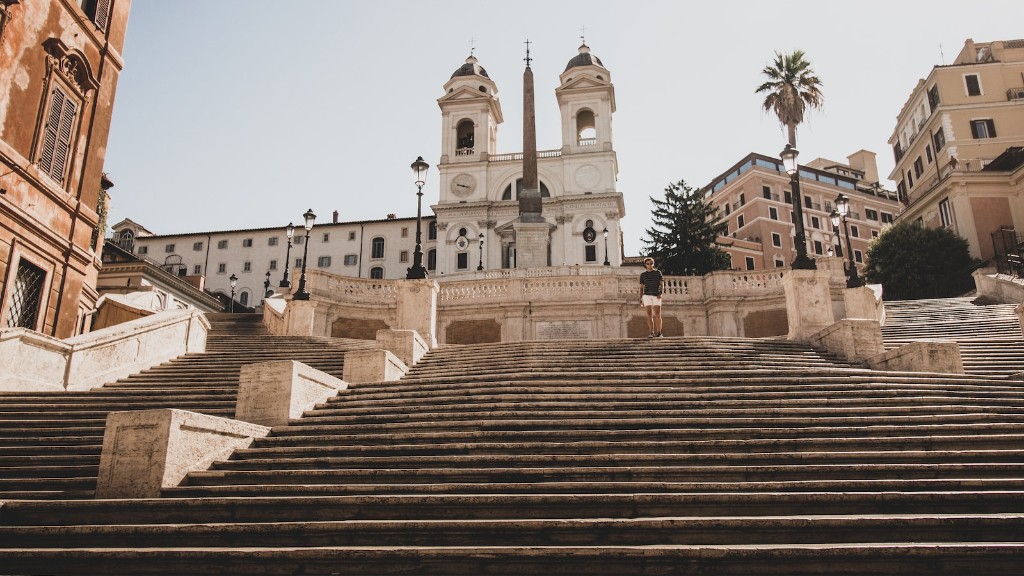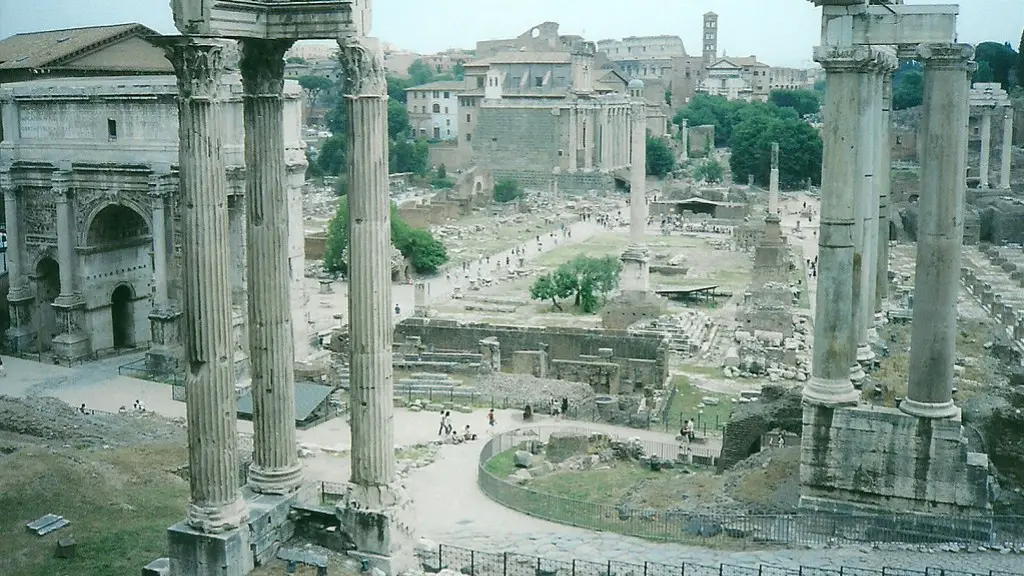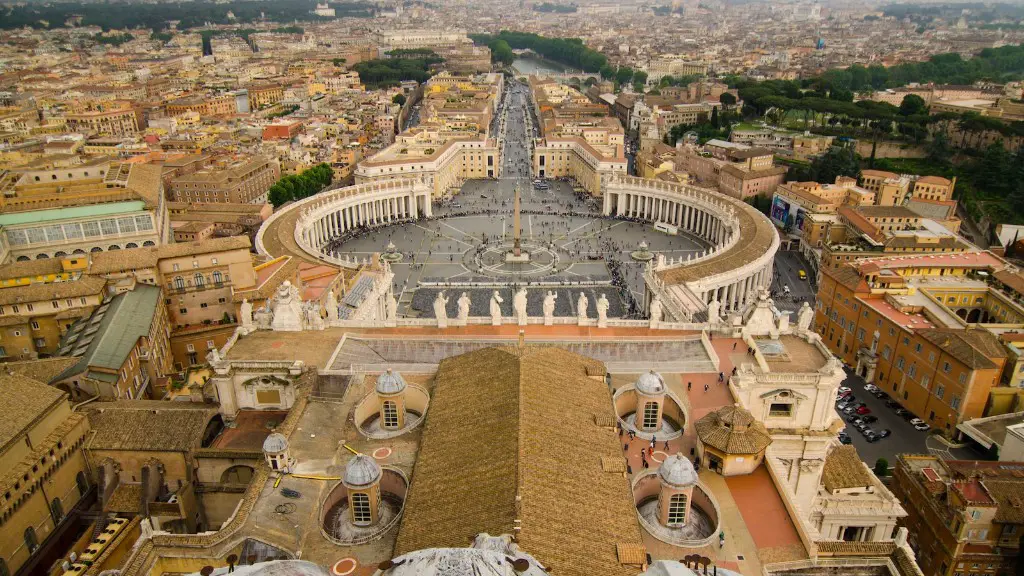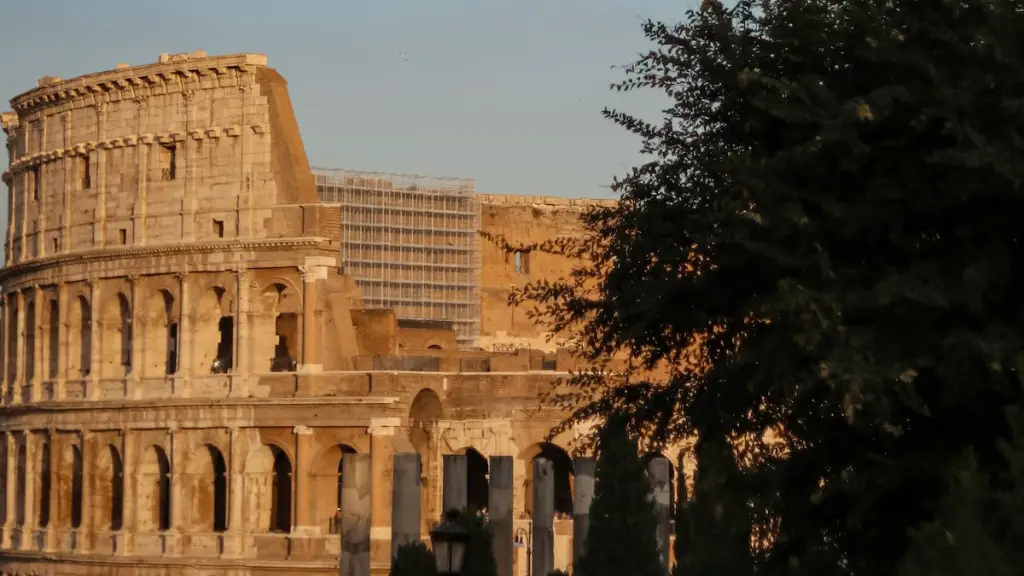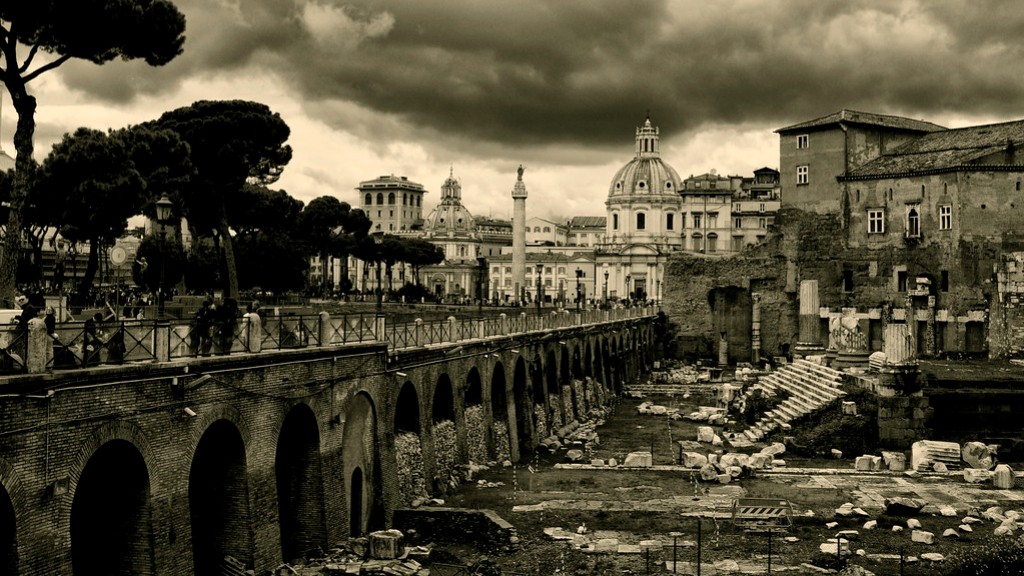Who were the Equites in Ancient Rome?
The equites of Ancient Rome were affluent members of society, similar to the modern upper class or elite. Unlike the modern-day elite, however, the equites of Ancient Rome were a particular social class that invested their money in horses and the equestrian sport, which was incredibly popular in the Roman Republic. While they weren’t the only ones to do so, the equites were undoubtedly the most invested in this particular area of the ancient Roman province.
At its strongest, the equestrian order was made up of approximately 450 of the wealthiest and most influential citizens of the Roman Republic, who each held at least 400,000 sesterces in their land and were said to have their rights guaranteed by the Twelve Tables, which was the foundation of Roman law. Not only were the equites socially and economically advantaged compared to other Roman citizens, but they also had governance rights, as well as significant military powers.
The equestrian order were essential to Roman society, for many reasons. Firstly, as the most powerful and affluent social classes in Rome, it was the equestrian order who provided the majority of the city’s military strength and funding requirements. This allowed Rome to ensure its military dominance and eventually led to an expansion in territory and resources. Secondly, it was the equestrian order who provided much of the day to day governance and authoritarian structure of Rome, thus making sure that the populous could remain orderly and follow the laws and regulations of Rome, even on a local level.
The equites of Rome were considered to be among the highest of citizens and this was largely due to the fact that they were exempt from certain taxes as well as had access to greater amounts of land. Despite being one of the most powerful and influential groups in Roman society, the equites did not actually hold political power in the Roman Republic. Nevertheless, they were still the ones who possessed the most authoritative power in the city and their influence was never to be held in question.
The equites were so revered in Roman society for their wealth and power that there were multiple organizations created in order to honor their ancestors. One such organization was the equestrian order, which was a collective body of equestrian citizens in Rome. This organization was responsible for promoting horsemanship skills, as well as holding public games and festivals that showcased their particular talents. It was this organization, in fact, who popularized the events that we now acquaint with Roman sporting events.
While the equites were indeed an essential part of Roman society, it is worth noting that, as with all social classes, not everyone in the equites was treated equally by Roman law. For example, equites might be called to fulfill fiscal, military and legal duties in the provinces, and those who could not afford to do so were often sent to prison or even executed. Nevertheless, despite the potential discriminations, the equites were still considered to be the elite of society and did not always suffer from the same level of law enforcement as those in the lower classes.
Equites and the Roman Colosseum
One of the most iconic and influential monuments of Ancient Rome is the Colosseum. Not only is it one of the most recognizable architectural structures of the era, but it is also one of the many projects which required the patronage of the equites. As a symbol of Roman grandeur and power, the construction of the Colosseum was funded by the wealthy elite, with equites providing a majority of the funding and resources required to create this remarkable building.
Apart from their role in providing the necessary funding and resources for the construction of the Colosseum, the equites also played a significant role in its entertainment. Since the Colosseum was a public event and open to anyone, it was the equites who were often seen in the audience as distinguished spectators. Not only did their presence evoke an aura of hierarchical respect, but their seats were also seen as the most prestigious in the Colosseum.
Furthermore, the equites were also often the exclusive participants in certain events such as the chariot races, which were considered a special privilege for the more affluent members of society. As such, the equites were often granted a critical role in the operation of the Colosseum. Even though they did not necessarily own it, the equites were able to control the events and outcomes of a particular event.
Additionally, the equites were considered a crucial part of the Colosseum’s entertainment, as their presence facilitated the pomp and grandeur of the arena. The presence of the equestrian citizens allowed for a greater level of spectacle and this was significant in regards to the Colosseum’s lasting cultural impact.
Equites and Roman Military Success
In addition to the Colosseum, the equestrian order was instrumental in the success of the Roman military. In many ways, the equites were responsible for the Roman’s dominance in the Mediterranean and beyond, as they provided the resources and money needed to fund and equip the legions. In addition, the equites were also often experienced horsemen, allowing them to serve as officers and high-ranking military figures in the Roman army.
While the equites did not necessarily fill the frontlines, their knowledge of horses and military strategy proved invaluable to Rome. The equites were also often well-versed in tactics and weaponry, and their positions in the command structure ensured that Rome always had an efficient and effective military presence.
At the same time, the equestrian-order also enabled the Romans to raise sufficient troops and levy funds when needed. Since the equites were often affluent members of society, they were able to easily pay for and recruit soldiers, as well as provide resources for any military campaigns that Rome might have needed. This allowed for massive military campaigns, such as the conquest of the Gauls, to be carried out without the same amount of economic strain as other empires.
The equites also provided a major source of intelligence and espionage services to Rome. The equestrian order made sure to employ an extensive network of spies and informants that allowed Rome to stay informed of any potential threats or opportunities that they might have encountered while campaigning.
Not only did the equites provide financial and military aid, but they also maintained vast armies of skilled mercenaries. Often times, these mercenaries provided vital support to the Roman legions during their campaigns, allowing Rome to overcome all sorts of terrain and situations. Such tactical advantages allowed Rome to become one of the most dominant empires in the Mediterranean region, and definitely the most successful.
Legacy of the Roman Equites
Since the Roman equestrian order was thought to be the most influential group in Roman society, it’s no surprise that their legacy is still honored in many ways to this day. One of the most notable legacies is the easily recognizable double-headed eagle, which is still used as a symbol of power and wealth. This symbol, which graced the official seals of many members of the equites, is a direct reference to the Roman aristocracy and has been used in various contexts and institutions since.
Many modern equestrian organizations, like the United States Equestrian Federation, have also made sure to recognize and honor the legacy of the equestrian order of Ancient Rome. As such, they often use Roman references and symbols in their promotional materials, as well as organize events and competitions which pay homage to the gladiatorial and chariot games of Ancient Rome.
Not only was the equestrian order an integral part of Ancient Rome, but it is clear that their legacy continues to mold the modern-day horsemanship and show-manship that we associate today. This is perhaps the most significant legacy of the equites, as it allows us to still experience a level of excitement and spectacle that not many social classes can provide.
Equites and Wealth in Ancient Rome
The equites of Ancient Rome were considered to be amongst the wealthiest citizens in Rome, with many of them being able to afford luxuries such as chariots and horses. This level of wealth, while still far below modern standards, was drastically higher compared to other citizens of the Roman Republic. Due to the nature of their wealth, these elites were able to have a vast number of possessions, as well as have an expansive estates.
Aside from the actual amount of money and other assets possessed by the equites, another important factor in their wealth was the level of access that they had to public funds and political influence. Through their affluence, the equites of Rome were able to gain various privileges not afforded to other citizens, such as greater access to land and resources, as well as exemptions from certain taxes.
Additionally, due to the level of patronage and respect afforded to them, many equites were also able to obtain prominent positions in the Roman provinces and even serve in the Senate. Not only did this allow them to have a greater level of influence in Roman politics, but it also allowed them to have a greater level of autonomy when it came to matters of personal wealth and investments.
Finally, the equestrian order also had access to various investment opportunities that could further increase their wealth. This included holding shares in impoverished businesses, as well as affiliations with luxury brands and trade networks. All of these provided a way for the equites to expand their already sizable fortunes.
Equites in Decline
Despite their immense level of wealth and power, the equites of Ancient Rome eventually found themselves in a state of decline. This was mainly due to the breakdown of the Republican system and the rise of imperial authoritarianism. With the rise of Emperor Augustus and the dissolution of the Roman Republic, the equites found themselves subjected to the same laws and regulations as the other citizens of Rome.
Not only were they not able to make use of the various privileges and exemptions that they had previously held, but they also found themselves increasingly at odds with the Emperor. Due to their level of wealth and power, the equites found themselves seen as a threat to the imperial rule, which eventually led to them being stripped of their influence and denied access to current political situations.
The decline of the equites was further accelerated by the Roman economy and their inability to produce sufficient goods. This, coupled with the fact that their primary investment – horsemanship – had been overtaken by the military, meant that the equestrian order had to make use of more creative means in order to maintain their wealth.
These creative methods included buying bonds and investing in exotic goods and other items, buying lands and goods from other territories, and attempting to take part in the Roman political scene. All of these tactics, however, were ultimately unsuccessful and the equites eventually found themselves unable to compete with the Emperor and his self-made aristocracy.
The Equites and Modern Society
Though the equites were an integral part of Ancient Rome, many of their practices and beliefs still have relevance to modern society. With the increasing level of inequality and the global arising of the one-percent, the lessons of the equestrian order serve as a cautionary tale. Not only should we remember the effects of the wealth gap, but it is incredibly relevant to reflect on and recognize the significance of the equestrian order of Ancient Rome.
Apart from their historical significance, the equites still have some relevance in the world of horsemanship. Many of the events, such as the chariot races, that the equites of Ancient Rome took part in are now global events, and are often sponsored by equestrian organizations in order to honor their legacy. Not only does this provide us with a unique glimpse into the past, but it also reinforces the idea of the elite as a social class.
Ultimately, the equites are still a vital part of the Roman narrative and their legacy continues to permeate many aspects of our society. Not only did the equestrian order of Ancient Rome provide great wealth and prestige, but its influence is still felt to this day and serves as a reminder of the power of the elite.
